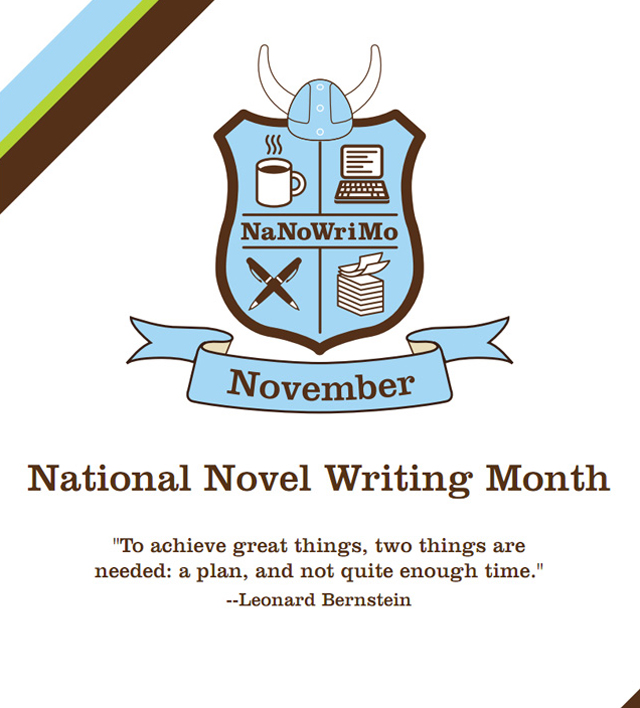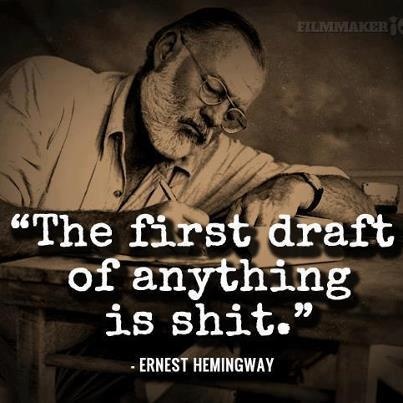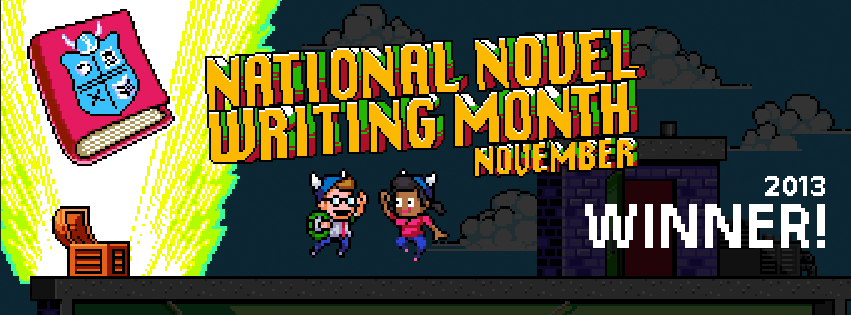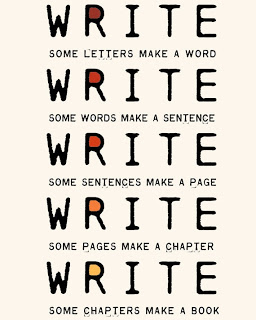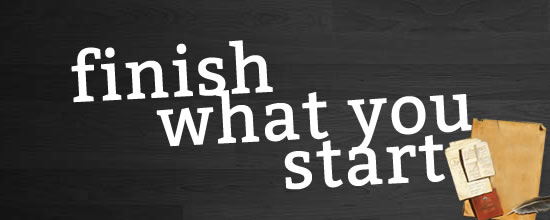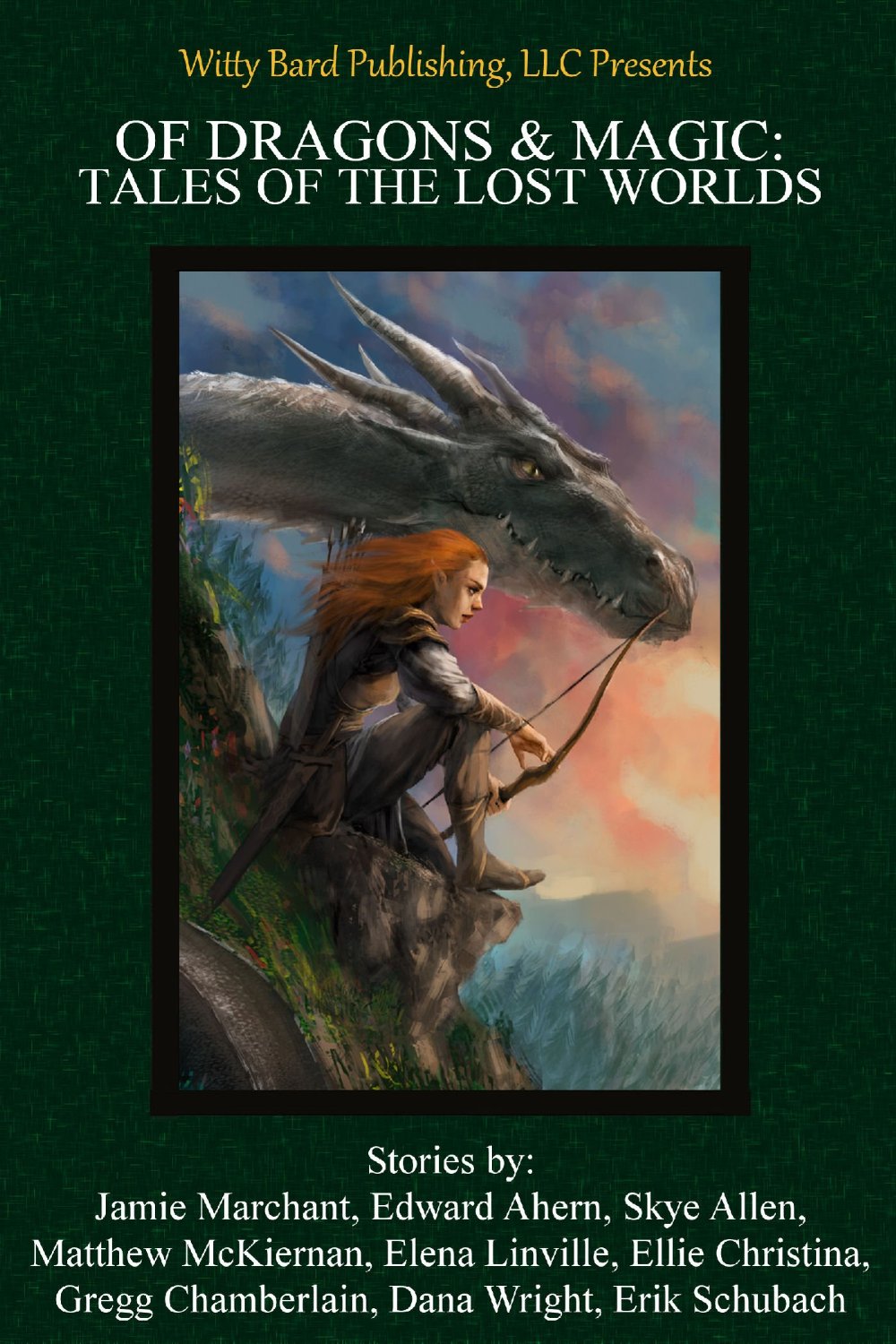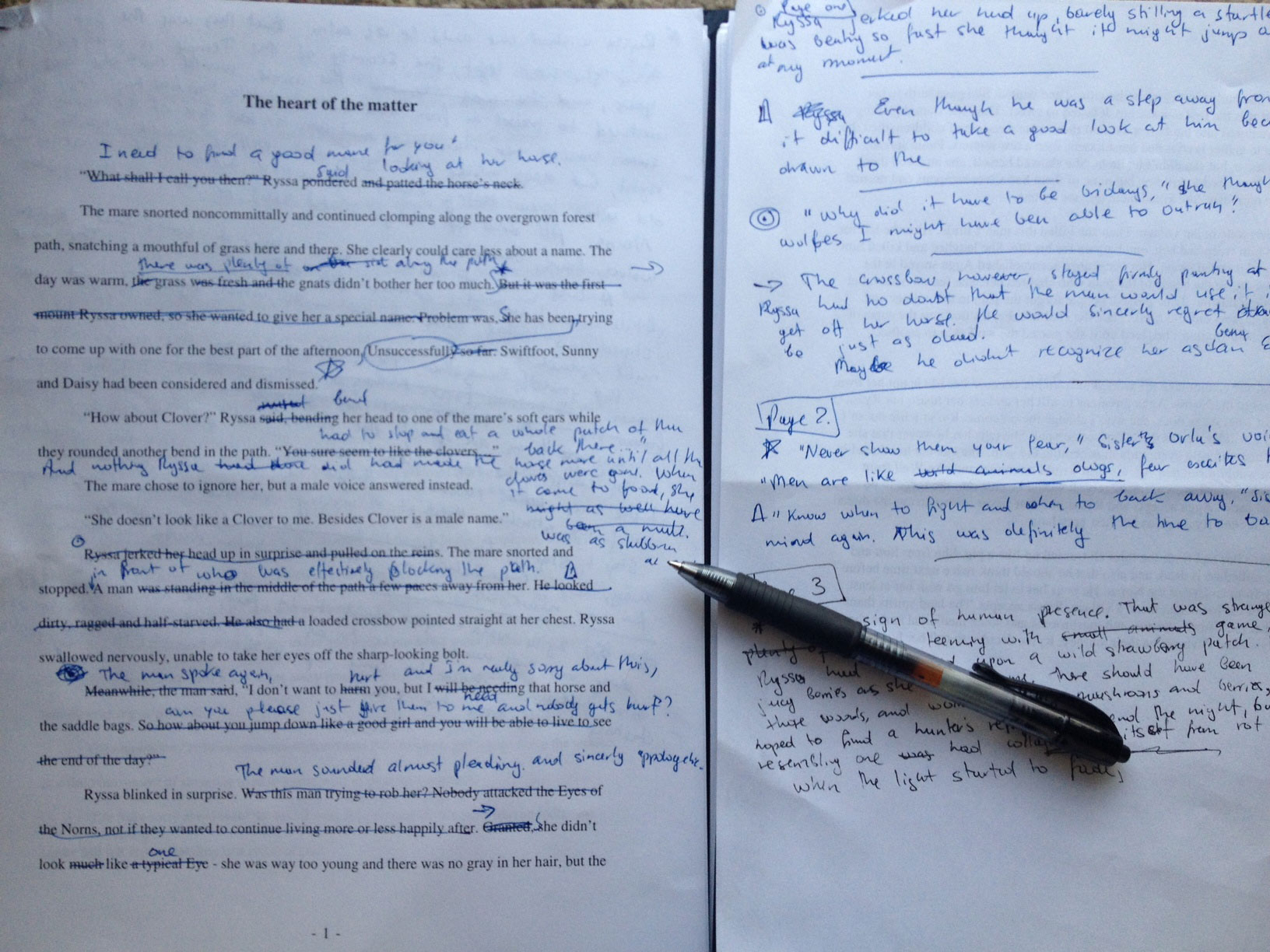We are now midway through October and thousands of writers across the world are frantically preparing for the biggest writing challenge of the year – the National Novel Writing Month or NaNoWriMo. Since I had jumped into it head first last November, I read a lot of blog post and articles about NaNo on the web, and I realized that there are often opposite reactions to the event. Some like it, some don’t; some swear it’s the best thing that ever happened to them, while others think it’s worthless.
Personally, I think that if you think of yourself as a writer, even an aspiring or pre-published one, you should do NaNo at least once in your life. And below are the 5 most important reasons why you should do it.
- 50k words is an average a professional writer produces every month, not just in November.
Before I did my first NaNo, the idea of writing 50k words in 30 days seemed almost impossible to me. I could barely manage to write 300 to 400 words a day, and it was a good day when that happened.
But consider that an novel is anywhere between 80k to 120k words. If a professional writer releases one of those a year, he has to go through all the steps (outlining, research, first draft, editing, beta readers, etc) in just 12 little months. That means the first draft has to be put on paper pretty fast. So 50k words per month is actually not that farfetched.
So if you have a dream to one day become a professional writer, I think NaNo is a good training ground to see what it takes to do this for a living. Plus it’s always interesting (at least for me) to challenge myself and see if I can do this.
- NaNo helps you build a habit of writing consistently.
As I had mentioned in point 1, before NaNo, I was lucky to put 400 words on the page in a day, then spend a week or more without writing anything. After NaNo? My average is about 1000 and I write every day. Or if I’m not working on my first draft, I edit, rewrite or outline something.
NaNoWriMo showed me that waiting for a muse to strike to sit down and write is just an excuse NOT to write. Inspiration can come to you, but it has to find you ready and already at work. I have a day job, I have a family and a social life, but NaNo showed me that I could find a way to balance all that and find time to put words on paper everyday if I wanted it badly enough. And if I managed to balance all that during the month of November and nobody died (and I still have my job), why not try to make a habit of it?
The results are staggering. Before NaNo, I had 3 attempted and abandoned novels. After NaNo, I have a published short story, a finished novel (still editing that one though), a novella, and 2 more short stories. I went from never finishing anything to consistently finishing all my projects.
- Lock your inner editor in the basement.
When you have to reach a daily goal of 1667 words, you don’t have time to stop and edit every sentence. Heck, sometimes you don’t even have time to go back and correct a typo. NaNo is about putting that first draft on paper, and even Ernest Hemingway said, “The first draft of anything is shit.”
NaNoWriMo teaches you how to tie you pesky inner editor up, gag her, and throw her in the basement. It allows you to write prose that looks like crap. A scene isn’t turning out quite to your liking? Don’t stop, write it down and move on. You are not quite sure where your character or story is going? Write on, your story might take you to a surprising and interesting turn.
Remember, that you can always go back and edit everything later, once you are done with your first draft, that’s what revisions are for.
- Discover which writing methods work for you.
Writing a novel is hard work. Writing one in 30 days is a feat. You need to be aware of all the tools in your writer’s toolbox and put them to good use if you want to achieve your goal. I look at NaNo as a big experiment to test different writing, outlining and time management techniques to determine which ones work for me. Those I keep for further use, the others I discard.
This is how I discovered that if I want to put my butt in the chair and type until my fingers bleed putting that first draft on paper, I need to do all my research and planning beforehand. I need to have a very good idea of what my story is and where it’s going or I get stuck and discouraged.
I didn’t outline any of my failed novel attempts, but for last year’s NaNo, I decided to change things up and wrote a 10 page outline of the whole project. It resulted in a finished draft. Lesson learned. Now I take the time to do extensive outlines on everything I write. This year I’m experimenting with chapter by chapter outlining.
5. Be part of a wonderful writing community.
Last year, over 600,000 people participated in the NaNo challenge. There is a lot to be said about being part of such a large community. Writing is a solitary act, but knowing that thousands of people around the globe are writing their own novels with you makes it considerably less so.
Plus the forums are full of useful resources for writers. There are always people happy to help you out if you are stuck, need help with your plot or character development, or just need some cheering up (or a kick in the butt to make you get off the internet and keep on writing). Browse the site, add some writing buddies, make friends, do some word sprints, and enjoy this special brand of November madness.
And to conclude this blog post, I wanted to point out that when you wrote your 50k words and won NaNoWriMo, you are still not done. Your novel is probably not finished. So stick with it. Make the commitment to continue writing through December (and January, if necessary) until you can finally put those two wonderful words at the bottom of the page: THE END. It’s a wonderful feeling, I tell you. Makes you forget all the blood and tears and frustration that went into writing that first (and bloody awful) draft. And if this feeling makes you want to do it all over again with a new story, then congratulations, you are a writer!

